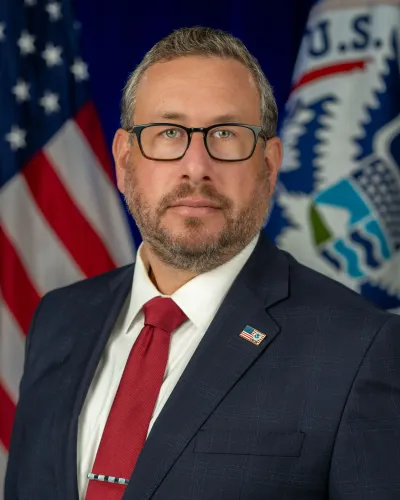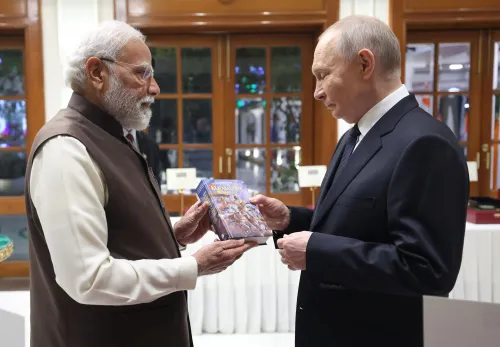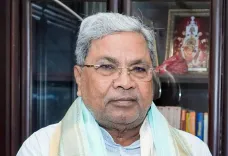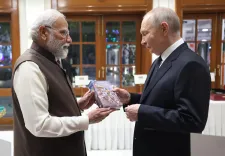Philippines FTA to Enhance South Korea's Trade Landscape: Trade Minister
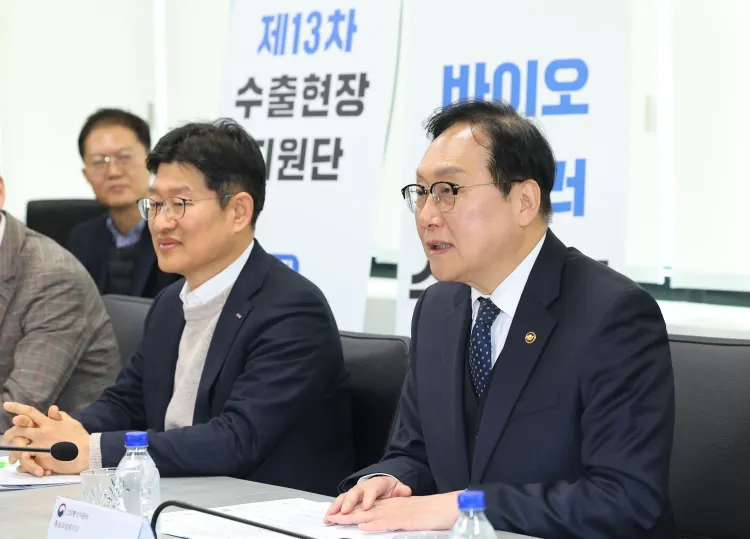
Seoul, Dec 26 (NationPress) The Trade Minister of South Korea, Cheong In-kyo, announced on Thursday that the impending bilateral free trade agreement (FTA) with the Philippines, which is scheduled to be implemented next week, will further strengthen South Korea's trade portfolio and assist in ensuring a stable supply chain.
Cheong made this statement during a meeting with business leaders, intended to inform them about the opportunities presented by the bilateral FTA, which will come into force on Tuesday, as stated by the Ministry of Trade, Industry and Energy.
As Cheong noted, "With the decline of the multilateral trade system under the World Trade Organization, the importance of FTAs is increasing." He added, "Thus, an FTA with the Philippines, our significant trade partner, will support South Korea in enhancing its trade portfolio."
Additionally, Cheong highlighted that both nations are anticipated to attain a substantial degree of market liberalization through the FTA, which will also encourage investment and business interactions, ultimately aiding in the stabilization of the supply chain, as reported by the Yonhap news agency.
According to the FTA, South Korea and the Philippines will abolish tariffs on 94.8% and 96.5% of products, respectively, right away.
The ministry also indicated that this FTA will facilitate South Korea in increasing its automobile exports, as the 5% tariff on cargo trucks and passenger vehicles will be removed immediately, while tariffs on eco-friendly vehicles will be gradually eliminated within five years.
Furthermore, the FTA with the Philippines marks South Korea's fifth bilateral trade agreement with a member of the Association of Southeast Asian Nations (ASEAN), following previous agreements with Singapore, Vietnam, Malaysia, and Cambodia.
Although South Korea already has an FTA with ASEAN as a whole, it has been actively pursuing separate agreements with individual member countries to deepen diplomatic and economic ties with these emerging markets.


